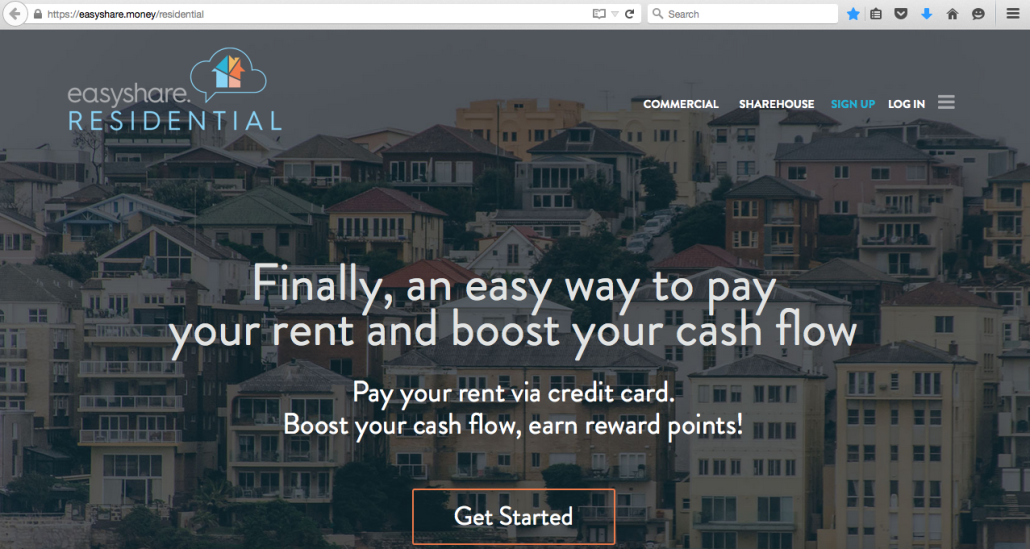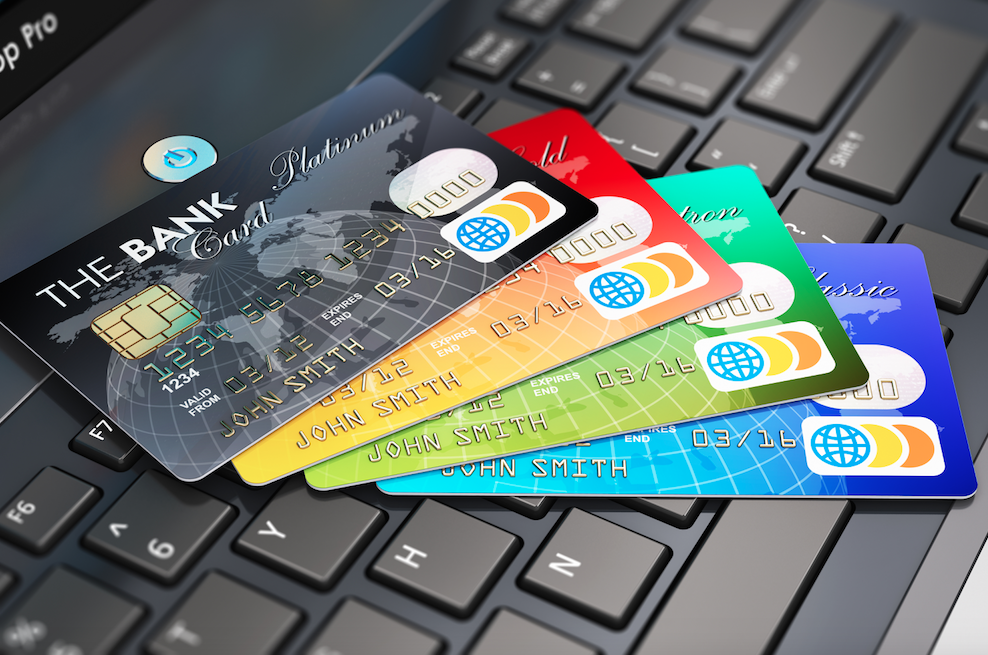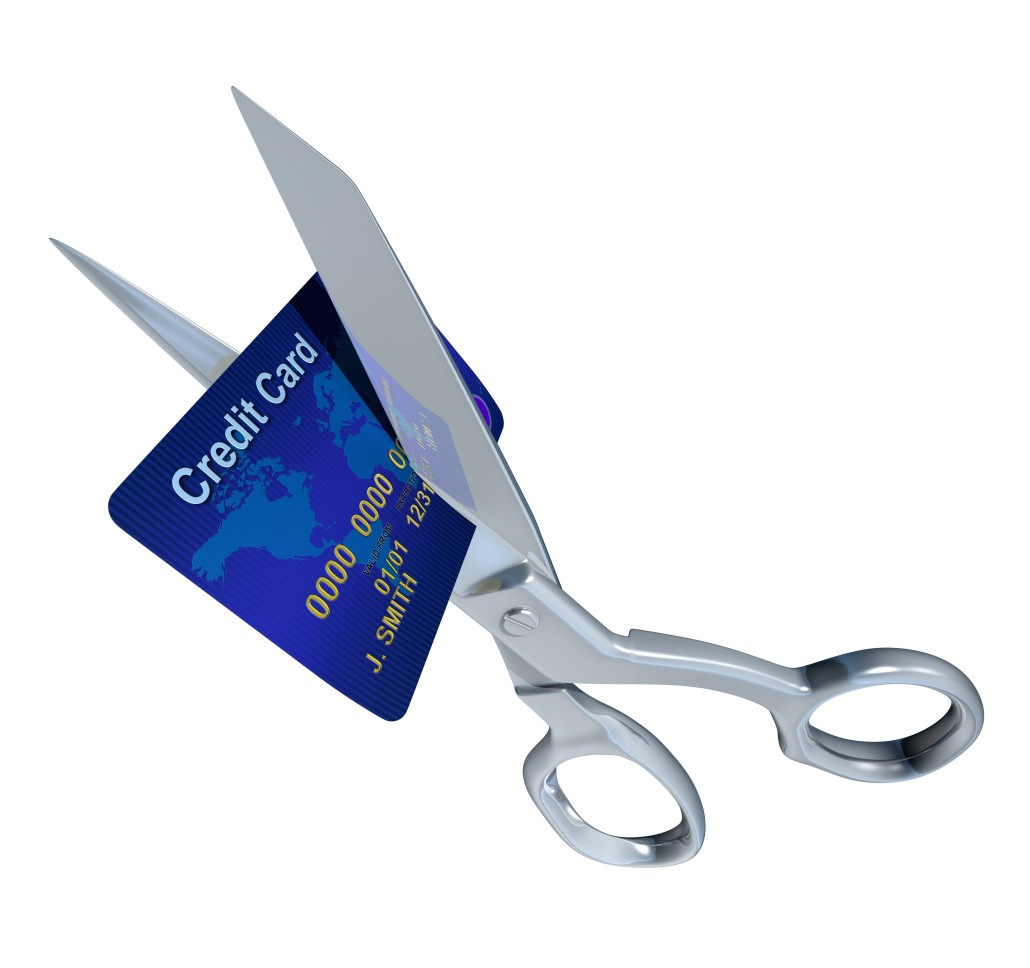By Lacey Filipich BEng(Hons) MAICD Cert Gov (NFP)
Ah, those little pieces of plastic. I dimly remember a time in my childhood when there was a paper system for credit cards that involved taking an imprint with what looked and sounded like a machine designed to take off the fingers of unsuspecting shop assistants. Now you just wave them nonchalantly and walk out the door. In fact, you don’t even have to bother taking them out of your wallet – you can just use the virtual wallet on your phone if you so choose.
So easy. So tempting. So dangerous.
Now don’t get me wrong. The credit card is not, in itself, dangerous. It won’t leap out of your wallet and bite you. It cannot bankrupt you without your instruction.
It’s human nature that’s dangerous. Given the outlet of a credit card, it’s all too easy for our natures to lead us into places that it’s not safe to stray.
‘Remember that credit is money.’
– Benjamin Franklin
What your credit cards say about you
A credit card is a world of potential. It can be life enhancing, risk mitigating and empowering. It can also be restricting, a catalyst for bad habits and ultimately life destroying. It is, however, a mere tool in the arsenal of financial options out there. How you use it determines what it means for your life.
Someone with a healthy attitude to credit cards will:
- See them as a loan – money that has to be repaid.
- Use them judiciously – never going beyond their capacity to repay, ideally before any interest is charged.
- Maximise their benefits – using their card to generate points that can be exchanged for goods and services, taking advantage of offers like interest-free periods and travel insurance.
- Take advantage of the security they offer – using only credit cards for internet transactions means your money is protected if someone steals your card details, thanks to bank guarantees.
Someone with an unhealthy attitude to credit cards will:
- See them as increased cash flow – spending more than they earn.
- Use them as a stop-gap – putting essential items on credit when they find they don’t have enough money left over from income to afford what they need or want.
- Pay fees with no benefits – signing up for cards with hefty annual fees without being mindful of how to get the best value from their card.
- Continue to link to cash accounts for online purchases – meaning that if they’re swindled, they have to chase the money to recoup any losses.

‘Boost your cashflow’… by borrowing from your future and paying it back with interest. Don’t be sucked in by ads like this one.
Not sure which group you belong to?
If you paid any interest on your credit card debt in the last year, bad news: you’re probably in the ‘unhealthy attitude’ camp. Don’t panic, this cloud does have a silver lining: once you realise this, you can do something about it. You can change how you view and use credit cards to make your financial situation, and ultimately your life, better.
Paid or paying interest in your credit card debt?
‘You cannot keep out of trouble by spending more than you earn.’
– Abraham Lincoln
It’s time to put your training wheels back on because you’re not doing it right.
If you’ve got credit card debt that you’re slowly paying off and therefore you’re being charged interest on the debt, STOP USING YOUR CREDIT CARDS. RIGHT NOW. No more spending money you don’t have, or you risk:
- paying more than you need to for consumer items, and
- ending up in severe financial distress.
You are living beyond your means. Not only is this bad for your finances, it means you forfeit any right to criticize governments who overspend (in my opinion anyway).
Your primary objective in life should be to get that debt down as fast as you can. It’s eating away at your future – you don’t want that! Take action immediately.
If you have more than one credit card debt that you’re paying interest on, resist the debt consolidation firms by managing it yourself:
- Stop using all credit cards – put them in the freezer in a block of ice if you can’t control yourself.
- Work out which is the worst debt – that’s the one you’re paying the most interest on in dollar terms (e.g. 80% interest on $20 is not as bad as 20% interest on $800).
- Pay this one off first, as fast as you can – definitely over and above the minimum required by the provider. Stop spending on discretionary and luxury items and divert all that cash into paying off the debt. This is an emergency situation – treat it as such.
- Keep paying the minimum on the other credit cards while you’re paying the worst one off – so you don’t get a bad credit rating or any demand letters.
- When the worst one is paid off, add the amount you were paying each month off that one to the minimum repayment of the next-worst debt. Keep going, repeating the process until all the debt is gone.
- Consider cutting up all but one card – keep one for use when it’s appropriate, and drop the minimum as far as you can (I once had a card with a limit of $500). If you know you can’t control your spending, cut them all up and cancel your accounts.
If you believe you can be disciplined about credit card use, here are some tips to get the most out of your credit cards:
Learn to see them as loans, not cash flow supplements
That’s a miniature loan you have in your hot little hands. It’s called credit now, but as soon as you spend it, it’s debt. Debt is not for free – you have to pay interest. Remember that if you buy on credit and don’t pay it off before you are charged interest, you just paid more than the ticket price at sale. This is silly, especially if you’re buying consumer goods that won’t make you any money.
Keep your limits as low as you can
A banker is a fellow who lends you his umbrella when the sun is shining,
but wants it back the minute it begins to rain.
– Mark Twain (1835 – 1910)
While it can feel good to be offered a five-figure credit limit, don’t take it if you don’t need it. Human nature is to push to our limits. If the bank says we’re worthy of those five figures, it seeps into our brains that we can afford it. This is not necessarily the case. Ignore those invites from the bank to increase your credit limit unless you genuinely need it.
Pay them off before you are charged any interest
Credit cards may have interest free periods varying from 30 days to six months or more (on some special offers). Know when your purchases are due to you can pay them off in full before the interest-free period expires. That way, you’ll never pay interest.
I achieved this by going into my bank and signing a document that said I wanted the full balance paid off every month from a given account. I don’t even have to think about it now, beyond ensuring I have sufficient cash in the savings account it draws from at the end of each month. It’s set-and-forget for me – a fail-safe method.
Use them to purchase things online or in foreign countries
When you spend money on a credit card, you’re spending the bank’s money, not your own. If someone steals your credit card details and charges items to your card without your approval, the bank is liable – not you. It used to mean you would call the bank and say ‘I didn’t authorise payment X…’. They would then respond ‘No problems, we’ll take care of it.’ That’s the last you’d hear of the issue, the charge would be taken off your card and usually they’d cancel that card and send you a replacement, just in case the criminals struck again.
These days, it’s often the bank calling you before you even notice something’s wrong. They have advanced algorithms that pick up irregularities. Some are genuinely you doing something unusual, but they can be cases of fraud the bank has detected. I’ve had two such calls that turned out to be fraud, not just me on an uncommon (for me) spending spree. The most recent went along the lines of:
Bank: ‘Hello Lacey. Are you in Ireland at the moment?’
Me: ‘No. Why?’
Bank: ‘Someone just charged $450 for flights with [airline] to your card from Ireland. Did you authorise this payment?’
Me: ‘No.’
Bank: ‘Okay. Someone has stolen your card details. We’re cancelling your card now, and will send you a replacement to [address], it should be there within five business days. The $450 will be reversed immediately. Any questions?’
Me: ‘How’d they get my card details?’
Bank: ‘We’re investigating that. If you use the card for online payments, it’s possible someone you’ve bought something from has been hacked. It won’t be their fault, it happens all the time. We’re working to find out which site was the source and who did the hacking.’
Me: ‘Great. Thanks.’
Bank: ‘You’re welcome. Have a nice day.’
If you use PayPal or a similar payment system linked to your bank account, you are liable for the cash because it’s yours, not the bank’s. This can be hacked too – no one is impenetrable. If it’s your cash that gets taken, you will have to be the one pursuing its return or reversal, a time consuming and stressful process that may not be successful.
Use the benefits they offer
Education is when you read the fine print.
Experience is what you get if you don’t.
– Pete Seeger
I’m not perfect in this area. For three years I didn’t realise my $395 annual AMEX fee entitled me to a return Qantas flight each year. Unfortunately, it doesn’t carry over each year if you don’t use it. Needless to say, I now use this benefit every year and given I live in Perth, the flights have definitely outweighed the $395 fee.
Thank goodness my husband checked his credit card policy before we went to South America for three months and before I clicked ‘Purchase’ on a $500+ travel insurance policy, because his Visa has fabulous insurance valid for our whole trip when we booked our airline tickets on his card.
And presents have been easy the last few years since I was able to hook up my points to Myer – it means I effectively got my husband’s birthday gift of a Nespresso machine for free (because I don’t pay a credit card fee and I don’t pay interest).
If you’re going to spend money on basics like groceries, electricity and petrol, and you can maintain the discipline to put them on credit card then pay them off before interest is charged, you have the opportunity to use the rewards system on your card. Maximise these. It’s free if you do it right.
Where to from here?
It’s time to be honest. Are you using your credit card wisely? Or is it time to cut them up and start again, perhaps without one of those tempting pieces of plastic this time around?
Credit cards are only a tool. It’s you doing the spending, and you can control it. Don’t let credit card debt ruin your life.
What comes next?
Download our Free Financial Resources
Find the right Money School Course for you
Get the Book: Money School, Become Financially Independent and Reclaim Your Life, Lacey Filipich
Got a question: Contact Us
Lacey Filipich is the co-founder and director of Money School. She helps parents raise financially savvy kids and helps adults get on top of their finances. Connect with her on LinkedIn and follow the Money School Facebook page to learn more.



